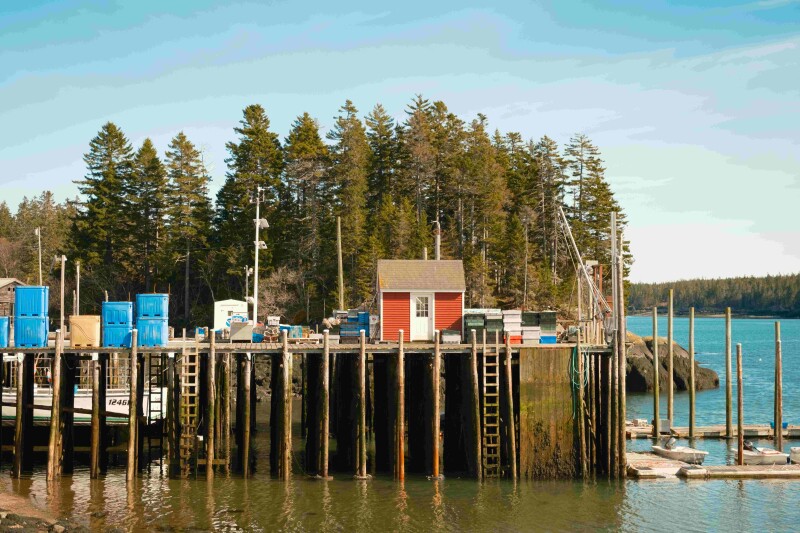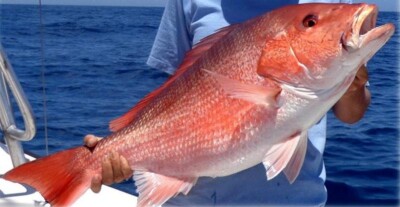Maine took a significant step to safeguard its working waterfronts as Governor Janet Mills signed into law a measure sponsored by Representative Morgan Rielly (D-Westbrook).
The legislation, LD 1245, will create a Working Waterfront Advisory Council and establish the Working Waterfront Information and Technical Assistance Fund within the Maine Office of Community Affairs (MOCA).
The new law, signed on June 11, aims to address challenges impacting the state’s coastal communities. The fund will support promotional tools, including brochures, advertisements, and campaigns, designed to raise awareness about the importance of working waterfronts and strategies to protect them. Additionally, it will provide technical assistance and help communities identify and preserve points of access and working waterfront infrastructure.
“I have heard time and again in my conversations with nonprofits, communities, fishermen, and aquaculturists of the need for the state to center working waterfronts as a long-term priority,” said Rielly. “LD 1245 will give us the tools to spread awareness, along with providing technical assistance for our coastal and island communities to protect our working waterfronts. The Working Waterfront Advisory Council will provide annual reports with updates and recommendations to the Legislature and to the director of MOCA. This will allow for consistency in crafting policy and will help center our working waterfronts as a strategic priority for the Legislature, instead of acting only when crisis strikes.”
Under the law, the Advisory Council must submit a report by Feb. 1, 2026, and annually thereafter to the Legislature’s Housing and Economic Development Committee and Marine Resources Committee.
Supporters of the legislation highlighted its importance for Maine’s marine economy and the resilience of its coastal infrastructure. “LD 1245, as signed into law by Gov. Mills, will strengthen Maine’s marine economy and coastal communities by providing new tools to support working waterfronts and all who rely on them,” said Samantha Horn of MOCA. “This law is an important step in protecting and promoting the resilience of Maine’s working waterfront infrastructure, a key strategy identified by the Governor’s Infrastructure Rebuilding and Resilience Commission.”
Industry and nonprofit leaders also applauded the measure. “This legislation is a critical step toward sustaining Maine’s working waterfronts, not just as physical spaces, but as the foundation of our coastal economy and culture,” said Monique Coombs of the Maine Coast Fishermen’s Association. “For fishing families, access to the water is access to our livelihood. By investing in technical assistance, community engagement, and a statewide strategy, this bill acknowledges that working waterfronts are essential infrastructure and deserve the same level of planning, support, and protection as things like our roads and schools.”
The new law builds on a broader legislative push by Rielly to strengthen Maine’s waterfront economy. As National Fisherman reported in May, Rielly also introduced 1595 to extend nuisance complaint protections to Maine’s aquaculture sector and supported measures to streamline aquaculture leasing and enhance waterfront infrastructure. “Without our working waterfronts, our state risks losing out on a major source of revenue and thousands of jobs,” said Rielly. “We also risk losing a key piece of our identity.”
Rielly is serving his third term in the Maine House of Representatives and is a member of the Joint Standing Committee on Marine Resources and the Joint Standing Committee on Environment and Natural Resources.







